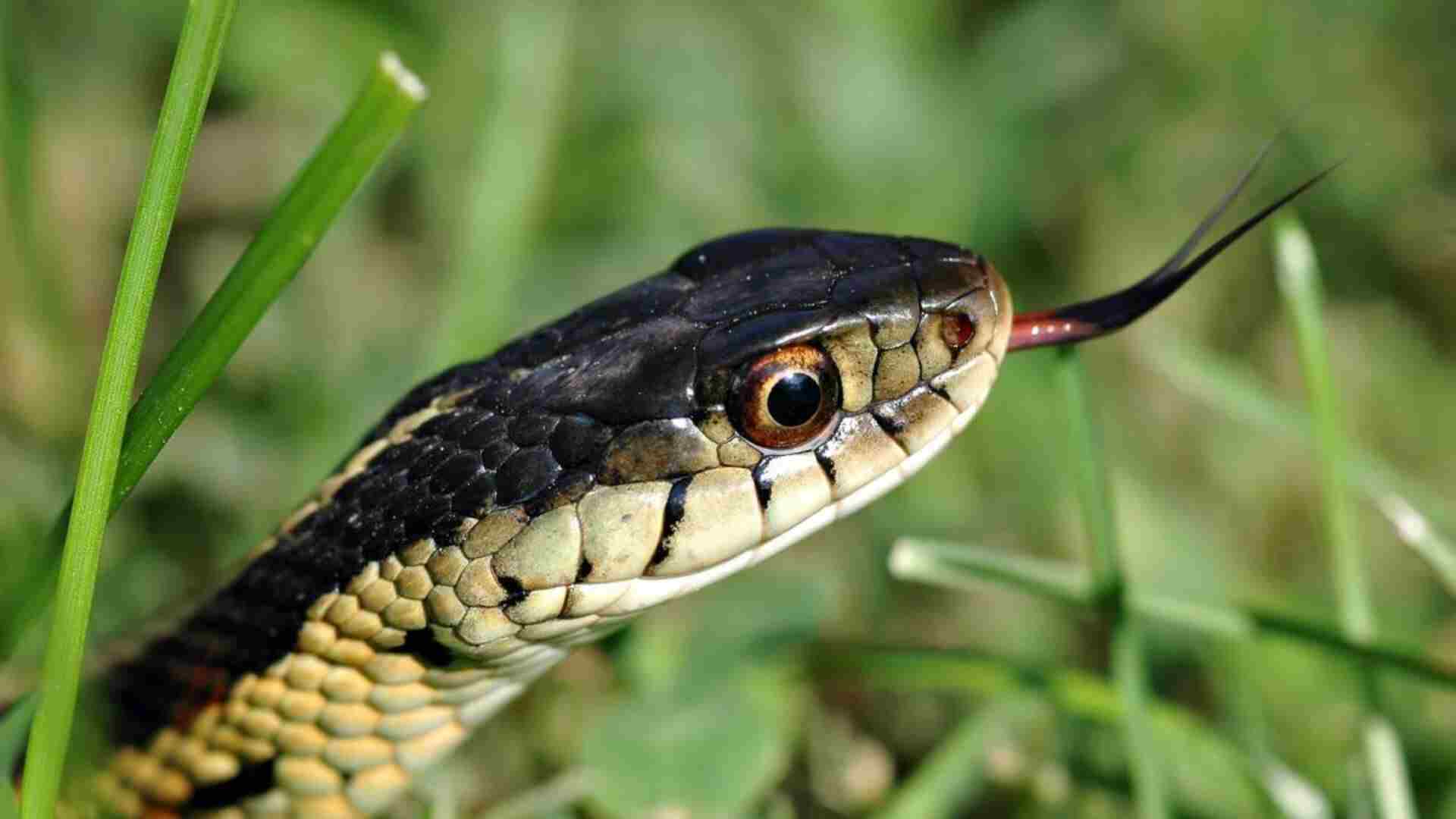In a bizarre incident from Bihar’s Gaya district, a one-year-old child reportedly bit a snake to death after mistaking it for a toy. This unusual event has left both the boy’s family and local medical staff astonished, as the toddler miraculously survived the encounter unharmed.
WATCH THE VIDEO:
Bihar: Child killed a snake by biting it, family members immediately took the child to a doctor for treatment. Where doctors declared the child healthy🫡
pic.twitter.com/3reJDCKQGD— Ghar Ke Kalesh (@gharkekalesh) August 20, 2024
Child Mistakes Snake for Toy
The incident occurred while the child was playing on the terrace of his home. According to his mother, the toddler spotted the snake and, thinking it was a toy, picked it up and bit it. The snake, which was later confirmed to be non-venomous, died from the bite. Alarmed by the sight of the dead snake near the child, the family immediately rushed him to the local community health center.
Medical Evaluation Confirms Child’s Safety
A video that has since gone viral shows the little boy being carried by a woman, while a man gently tries to open the child’s mouth to inspect for any injuries. In the video, the man holds up a phone displaying an image of the dead snake, with part of its body appearing crushed from the bite.
Upon evaluation, the health center staff reassured the family that the child was physically fine, attributing his safety to the fact that the snake was non-venomous. The snake, commonly seen during the monsoon season, posed no significant threat to the boy.
A Previous Incident of Snake Bite Retaliation in Bihar
This incident follows another unusual event in Bihar just over a month ago. In July, a man in Rajauli, Bihar, bit a snake back after it bit him, believing that this would neutralize the venom. The man, a railway employee named Santosh Lohar, was working on laying railway tracks in a forested area when the snake bit him as he was settling down to sleep. Acting on a local myth, Lohar bit the snake twice in retaliation. While the snake died, Lohar survived after receiving prompt medical treatment.
These incidents highlight the often surprising and unexpected encounters between humans and wildlife in rural India, where traditional beliefs sometimes guide actions in life-threatening situations.





















